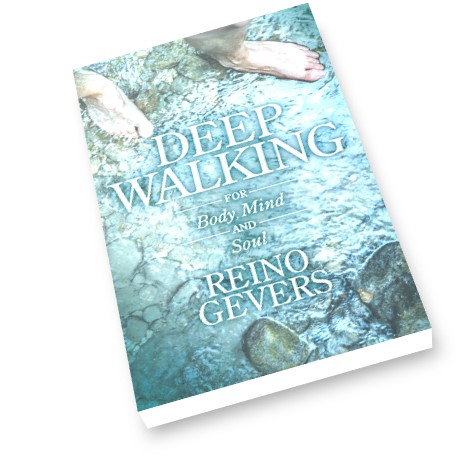Once upon a time, there was a poor farmer who owned just one goose. But then one day the goose laid an egg made entirely of gold. Overjoyed by his newfound wealth, the farmer sold the golden egg and became rich overnight.
The next day, the goose laid another golden egg, and the farmer continued selling them and accumulating wealth until the farmer’s greed began to consume him. What he had was not enough. He compared himself to other farmers who were much wealthier than he was.
Believing that the goose contained a treasure trove of gold inside her, the farmer decided to slaughter the goose and cut her open. To his dismay, he found that the goose was just like any other, with no gold inside. In his foolishness, the farmer lost both his source of wealth and his beloved goose.
The earliest written version of “The Goose that Laid the Golden Eggs” can be traced back to ancient Greek and Roman times and is timeless in its moral relevance.

Especially our modern consumerist culture thrives on the notion that you are never enough. Your old iPhone might still be working perfectly but the hype is out there that you will be needing the new iPhone 15 expected to cost well over 1000 dollars. Few things destroy personal assets as much as buying a brand-new car. It is worth several thousand dollars less as soon as you drive it out of the salesroom.
When you have been hypnotized with the notion that you “are not enough”, you will be constantly comparing yourself with others who seemingly have happier marriages, bigger cars, bigger houses, and vacations in more exotic places.
The “never enough” culture feeds on basic human fears and insecurities. “Why can’t I have… Why can’t I be like … If only I had … everything will be good. The dark void resulting from a lack of self-worth, self-love, and inner self-care is compensated with a material wish list. The truth is that the novelty of the new thing is short-lived. The emptiness creeps in again, even regret of having spent so much money on something you don’t really need.
If you want to live a happier, more fulfilling, and joyful life you have to do the inner work.
What is your reason to wake up in the morning?
The Japanese Ikigai philosophy on purpose and meaning in life essentially teaches that satisfaction and fulfillment are achieved when there is an alignment of your personal passion, values, and skills with the bigger needs of the world.
In a similar vein, the Japanese concepts of Mono and Wabi-sabi emphasize the appreciation and acknowledgment of the impermanence of all things. It is the exploration of the beauty in the imperfection, in the brokenness, the transience of nature, and the patina of age.
The Zen Buddhist concept of Muga refers to the “selfless self” that is an interconnected part of the whole, transcending the ego and self-centered desires. Meaning and purpose are found in serving others and cultivating compassion and wisdom.
Reino Gevers – Author – Mentor – Speaker
P.S. If you’ve found this article of interest you might want to read more in my books. “The Turning of the Circle: Embracing Nature’s Wisdom for Purposeful Living” has just been published. You might also find my other books “Deep Walking for Body, Mind and Soul” and “Walking on Edge: A Pilgrimage to Santiago” of interest – available where all good books are sold.




